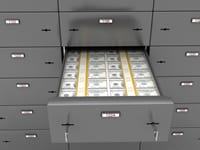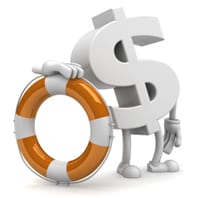 Question: Is my free checking really free? If so, how does the bank make money?
Question: Is my free checking really free? If so, how does the bank make money?
Great question Yes, there are free checking accounts as long as you meet the banks requirements These are typically a minimum balance in the account, direct deposit to the account or a certain number of debit card transactions It’s your responsibility to know what you can and can’t do according to your banks requirements so that you avoid these fees.
Banks make their money on the fees they charge their customers The checking account can be free, but the other optional costs are not These optional costs can include overdraft fees for either writing a check and/or using your debit card for more money than you have in your account, uncollected fees for using the money in your account before the deposited funds are available to use, stopping payment on a check that you have written, purchasing bank checks (money orders, certified checks) or using an ATM from a different bank All these fees add up.
There still could be more fees If your transaction is not honored, then the person or company you did the transaction with incurs fees that they may charge you too That ATM that you used from the different bank may change you a fee as well The most cost effective way to save your money, is to keep accurate records (checkbook records with a ledger or software) so that you know how much money is in your account at all times and to never run short on cash so that you have to use the most convenient ATM and incur a fee A little planning on your part can save you money.

